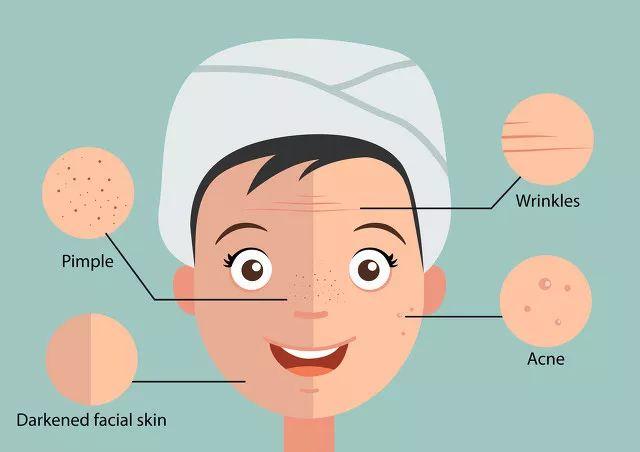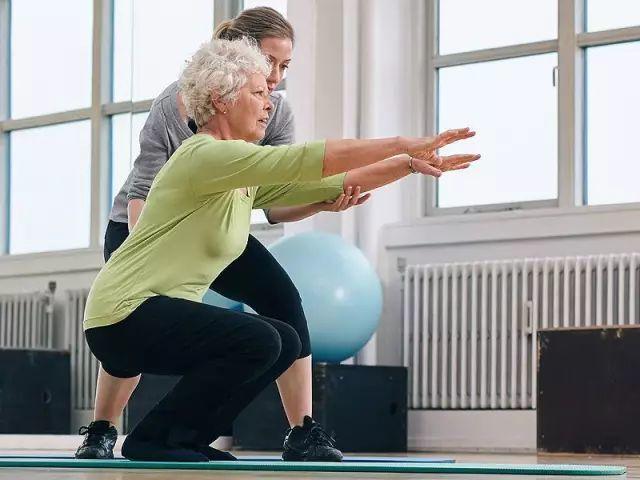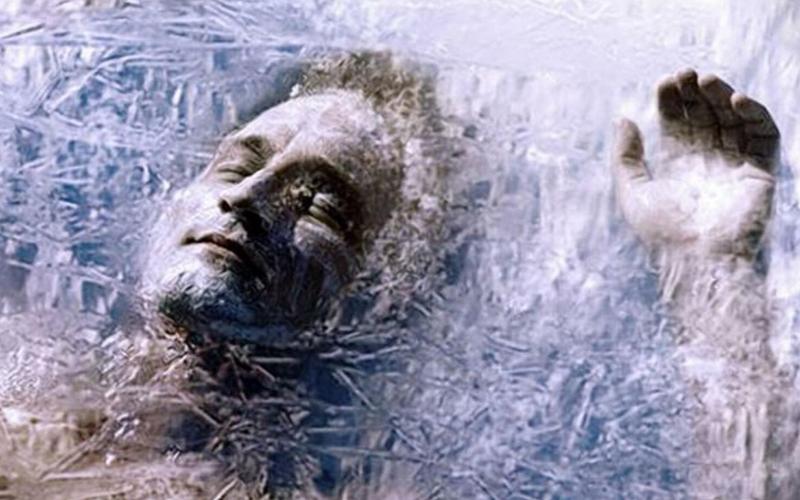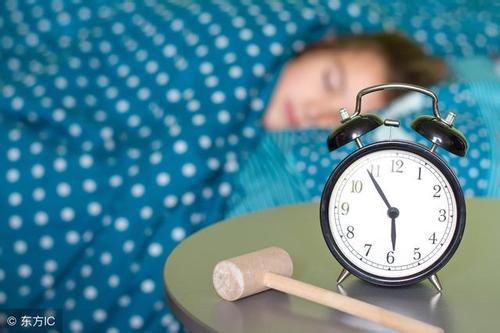Colds and the flu, while both minor ailments, can cause us major problems. Today, let's learn how to prevent and deal with these overwhelming illnesses to protect yourself and those around you! First, let's learn about colds and flu
We need to know that both colds and flu are viral diseases of the respiratory tract. In the case of a cold, you may have a bit of a stuffy nose, runny nose, sore throat, and a slight cough. But the flu is a different story. The symptoms are more serious, and you may come down with a high fever, chills, body aches, and a headache. While cold and flu are somewhat similar, the flu can be a little worse.
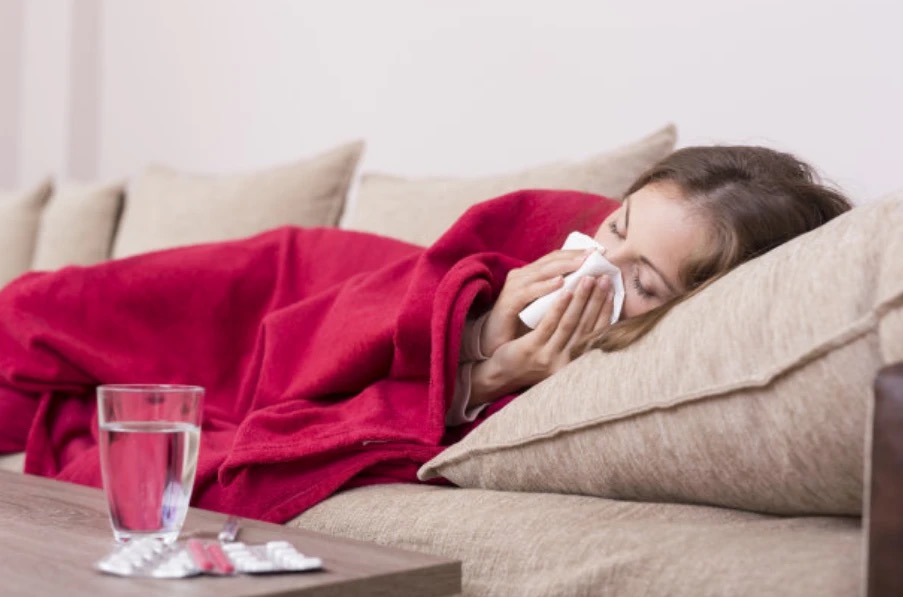
So how do you prevent colds and flu? First, maintaining good personal hygiene is key. Washing your hands frequently and avoiding touching your eyes, nose and mouth with your hands can reduce the chances of spreading the virus. In addition, keeping indoor air circulating and avoiding confined environments can also help reduce the spread of viruses.
1. Maintain good hygiene practices: Wash your hands often, especially after touching public places, animals or other people.
2. Avoid close contact: If someone around you has a cold or the flu, it's best not to get too close to avoid passing the virus around.
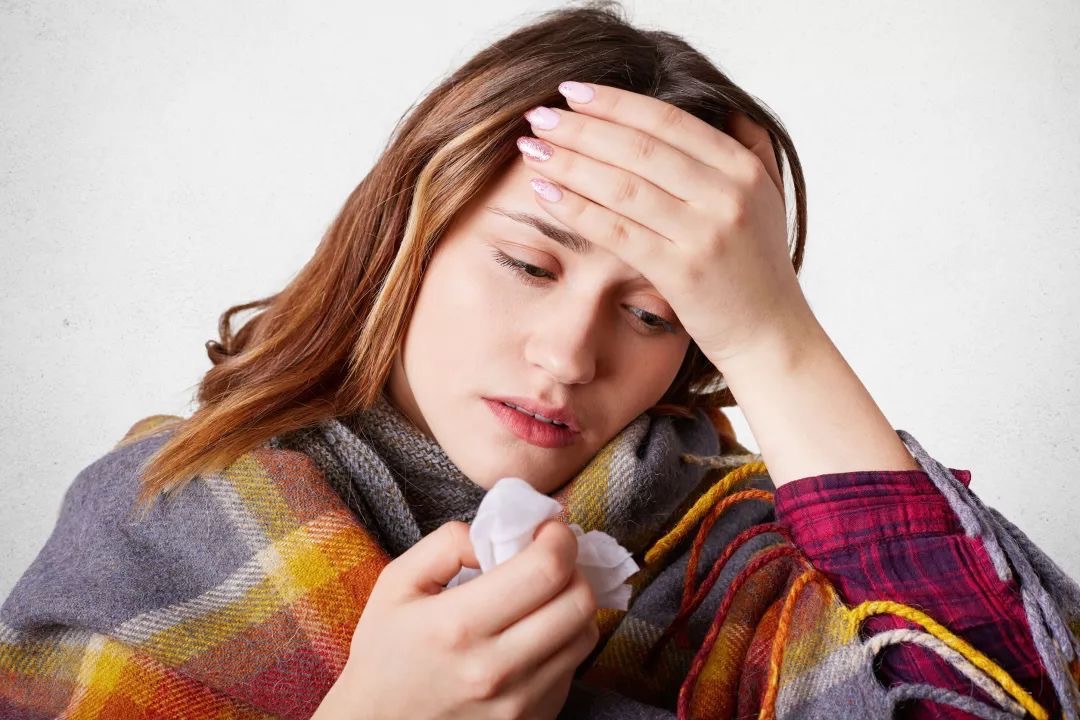
3. Maintain healthy habits: Eating a balanced diet, consuming more vitamins and minerals, sleeping enough and exercising moderately will make our immune system stronger.
The flu vaccine helps our immune system build resistance and reduces the incidence and severity of the flu. New flu vaccines are introduced every year, and because the flu virus is constantly mutating, it's important to get the most up-to-date vaccine. Next, what to do about colds and flu
1. Rest: If you have a cold or flu, the first step is to rest and give your body enough time to fight the virus.
2. Hydrate: Drinking plenty of water can help keep your body hydrated and help your body expel the virus faster.
3. Take medication to relieve symptoms: Cold and flu symptoms can be relieved by medication, such as fever reducers, cough suppressants, and nose medication. But don't forget to follow your doctor's or pharmacist's advice.
4. Seek medical advice if needed: If the situation is serious or does not improve, it is better to consult a doctor to ensure proper treatment.
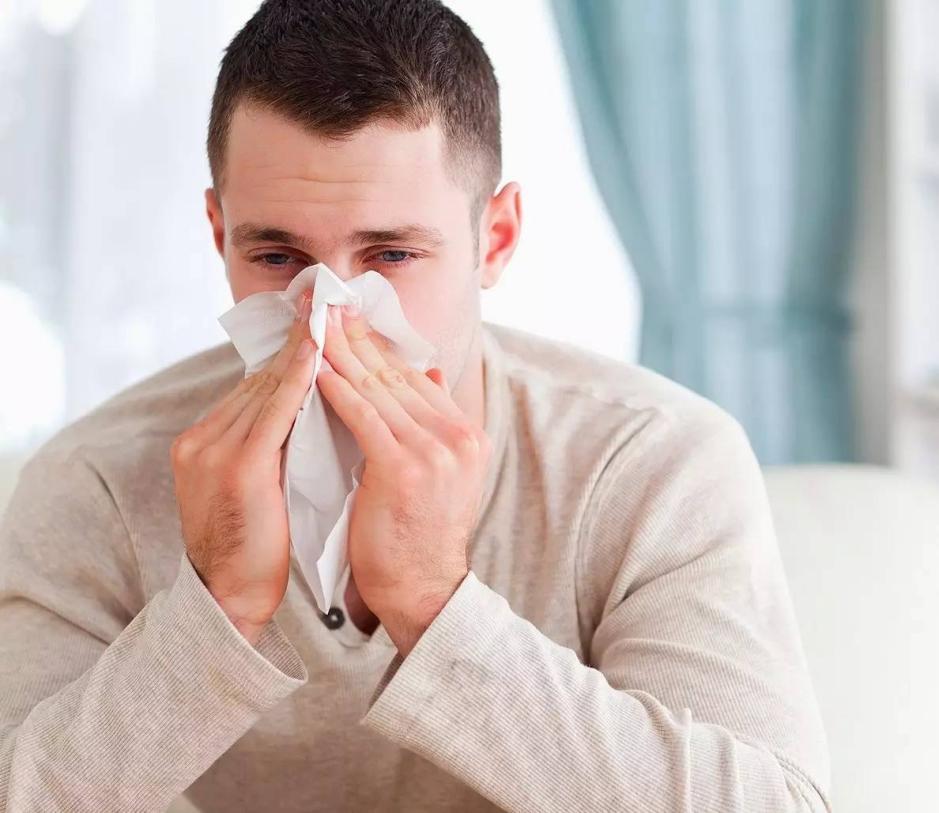
By practising good hygiene, maintaining a healthy lifestyle and getting regular flu shots, we can effectively prevent colds and flu. Once you feel unwell, it is important to take appropriate measures to get well soon and also reduce the chances of spreading the virus. In conclusion, although colds and flu are common, there are no complicated ways to prevent and cope with them. By maintaining good personal hygiene, getting vaccinated against influenza and taking medication wisely, we can effectively reduce the risk of infection and protect our health and that of others.
